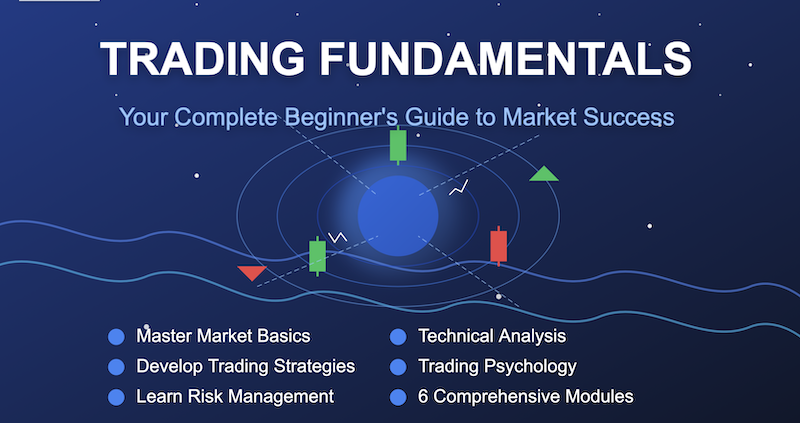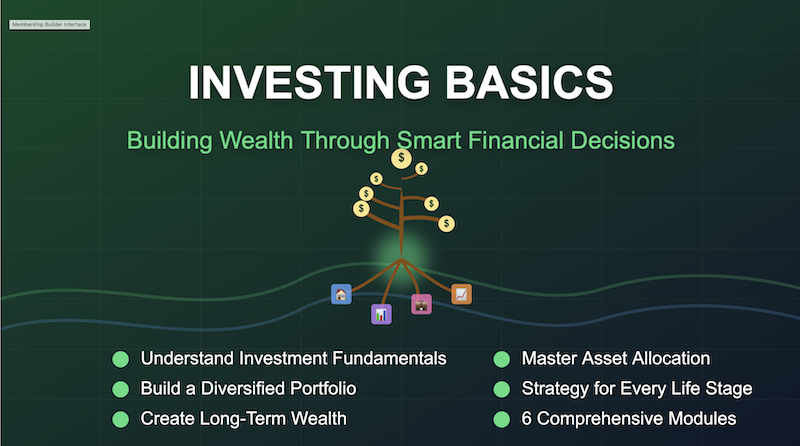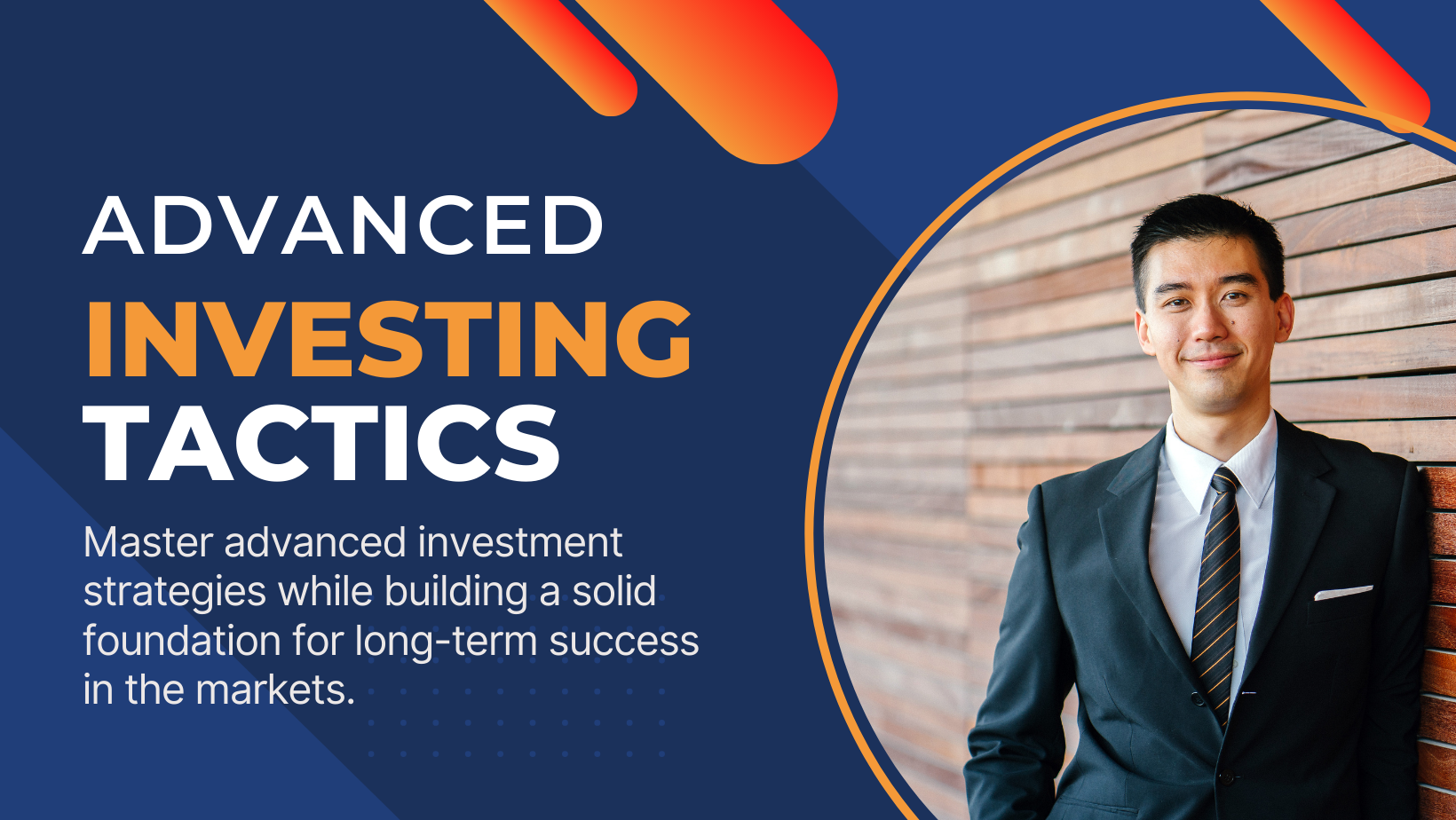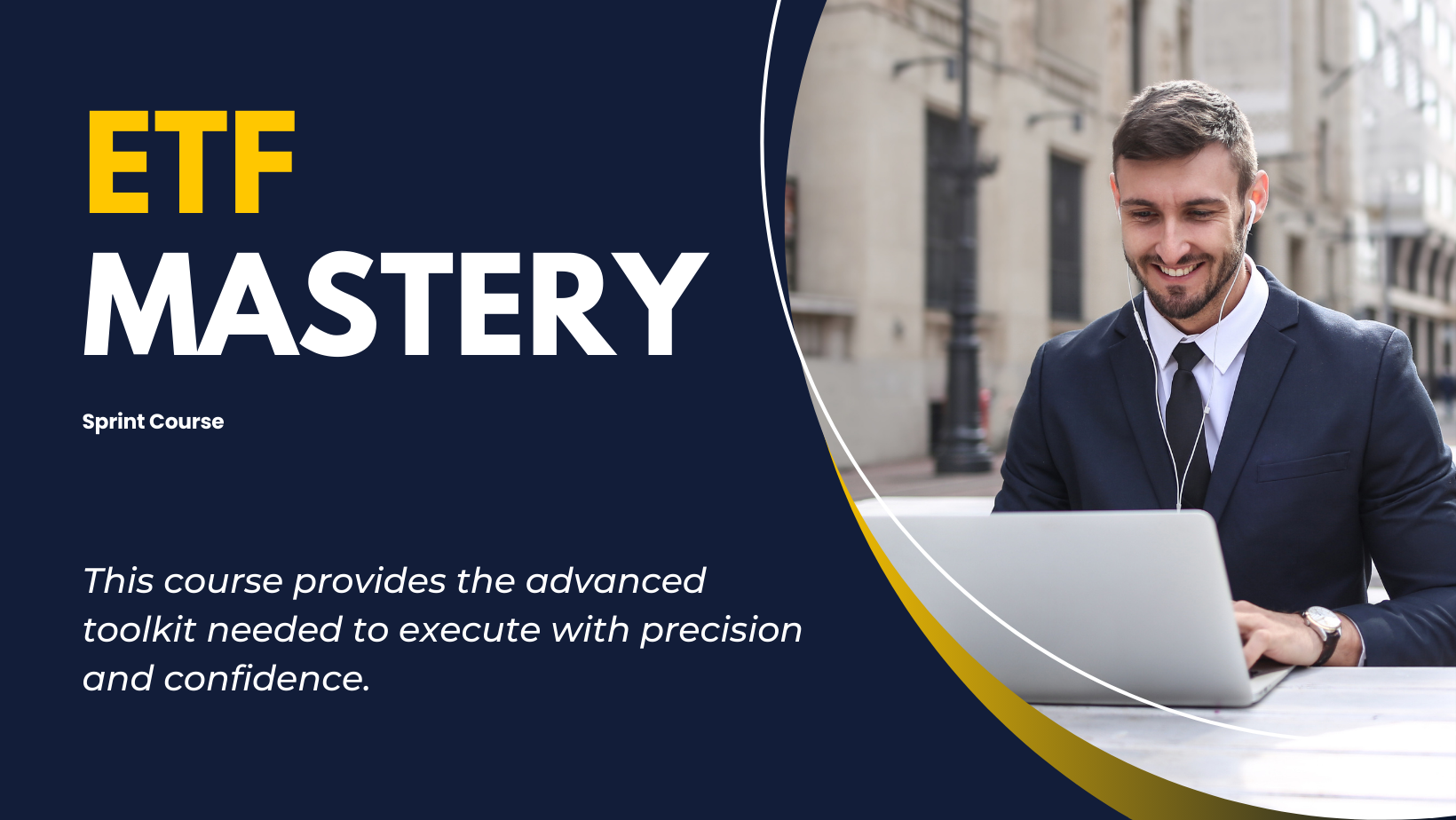The Phantom Confidence Trap
Key Points
⚡Demo success predicts nothing about live performance - Research shows 80% of profitable demo traders lose money in their first year of live trading, not due to lack of skill but due to psychological pressure
⚡Loss aversion fundamentally changes decision-making - Your brain feels losses 2.5 times more intensely than gains, creating emotional responses that override logical trading plans
⚡Phantom confidence leads to real losses - Virtual profits create false security that disappears under pressure, often leading to overconfidence and poor risk management
⚡Gradual exposure is essential for adaptation - Start with micro positions to experience real money psychology without devastating financial consequences, allowing your brain to adapt slowly
Your demo account shows $50,000 in profits. Six months of perfect trades. Your friends think you're a genius. You're ready to quit your job and become a full-time trader.
Stop.
That's not real money. And more importantly, that's not the real you.
Demo trading is like shadow boxing. You can throw perfect punches at shadows all day long. Your form looks flawless. Your combinations are crisp. But shadows don't hit back. Real opponents do.
Here's what happens when you switch to real money: Your brain physically changes. The same person who calmly cut losses at 2% in demo suddenly can't close a position down 10% with real cash. The same trader who followed every rule religiously starts breaking them one by one.
Why? Because virtual losses don't hurt. They're just numbers on a screen.
The Ice Cream Truck Story
My neighbor's kid practices violin beautifully at home. Perfect pitch, flawless timing. He plays the same piece fifty times without a mistake. His parents beam with pride.
But put him on stage in front of 50 people, and his hands shake. He hits wrong notes he's never missed before. The music is the same. The violin is the same. His skill level hasn't changed. Only the pressure.
Trading with real money is your stage debut. And most people discover they're not ready for the spotlight.
The Phantom Profit Problem
Behavioral finance researchers have a name for this: phantom confidence. It's the false sense of security built on results that can't be replicated under pressure.
Dr. Brett Steenbarger spent years studying traders at hedge funds. He found something fascinating. The best demo traders often became the worst live traders. Not because they lacked skill, but because they lacked emotional preparation.
"Demo trading removes the most important variable in trading success," he explains. "Emotional pressure."
Think about it. When you're trading with fake money:
Losses don't keep you awake at night
You don't check your account obsessively
You don't feel sick when trades go against you
You don't get euphoric when trades work out
This emotional flatline creates clean decision-making. You follow your rules because there's no emotional cost to following them.
The Brain Under Fire
When real money enters the picture, your brain's alarm system activates. The amygdala—your brain's smoke detector—starts screaming "DANGER!" every time a trade moves against you.
This isn't weakness. This is biology. Your brain evolved to keep you alive, not to make you rich. It doesn't distinguish between a saber-tooth tiger and a losing trade. Both trigger the same fight-or-flight response.
Nobel Prize winner Daniel Kahneman proved that humans feel losses about 2.5 times more intensely than equivalent gains. In demo trading, this asymmetry is invisible. There's no real loss to feel.
But switch to real money? That $500 loss feels like $1,250 in pain. Meanwhile, the $500 gain barely registers as pleasure.
This is why demo traders often:
Hold losing positions 47% longer than they should
Cut winning trades 32% earlier than optimal
Abandon their trading plans within the first month
Increase position sizes by 60% to "make up" for smaller gains
The Confidence Mirage
Here's the cruel irony: demo success often creates the exact mindset that guarantees live failure.
You see six months of profits and think, "I've got this figured out." You start believing in your own invincibility. Psychologists call this overconfidence bias.
It's like learning to drive in a video game, then assuming you can handle a real car in rush hour traffic. The controls look the same. The principles seem identical. But the consequences are completely different.
Sarah's Story
Sarah started demo trading in January. By June, she'd "made" $75,000 on her $10,000 demo account. A 650% return in six months. She was featured in her trading group's newsletter.
Feeling invincible, she opened a live account with her life savings: $25,000.
Within three months, she'd lost $18,000.
"I couldn't understand what happened," she told me later. "I was using the exact same strategy. But somehow, I kept making mistakes I'd never made in demo."
The strategy wasn't the problem. The pressure was.
In demo, Sarah cut losses quickly because it didn't hurt. In live trading, each loss felt like a personal failure. She started hoping trades would "come back" instead of taking small losses.
In demo, she stuck to her position sizes religiously. In live trading, she doubled down on losing trades to "average down" and recover faster.
In demo, she was patient and selective. In live trading, she overtrade to make up for early losses.
Same person. Same strategy. Different psychology.
The Adaptation Challenge
The human brain is remarkably adaptable, but it needs time and gradual exposure to adapt to new stresses.
Think about learning to drive. You didn't start on the highway during rush hour. You started in empty parking lots. Then quiet residential streets. Then busier roads. Finally, highways.
Most traders try to jump straight from demo to full-size live positions. It's like learning to drive in a parking lot, then attempting the Indianapolis 500.
The market doesn't care about your demo results. It doesn't care about your potential. It only cares about what you do when your mortgage payment, your kids' college fund, or your retirement savings is on the line.
That's when you discover who you really are as a trader.











